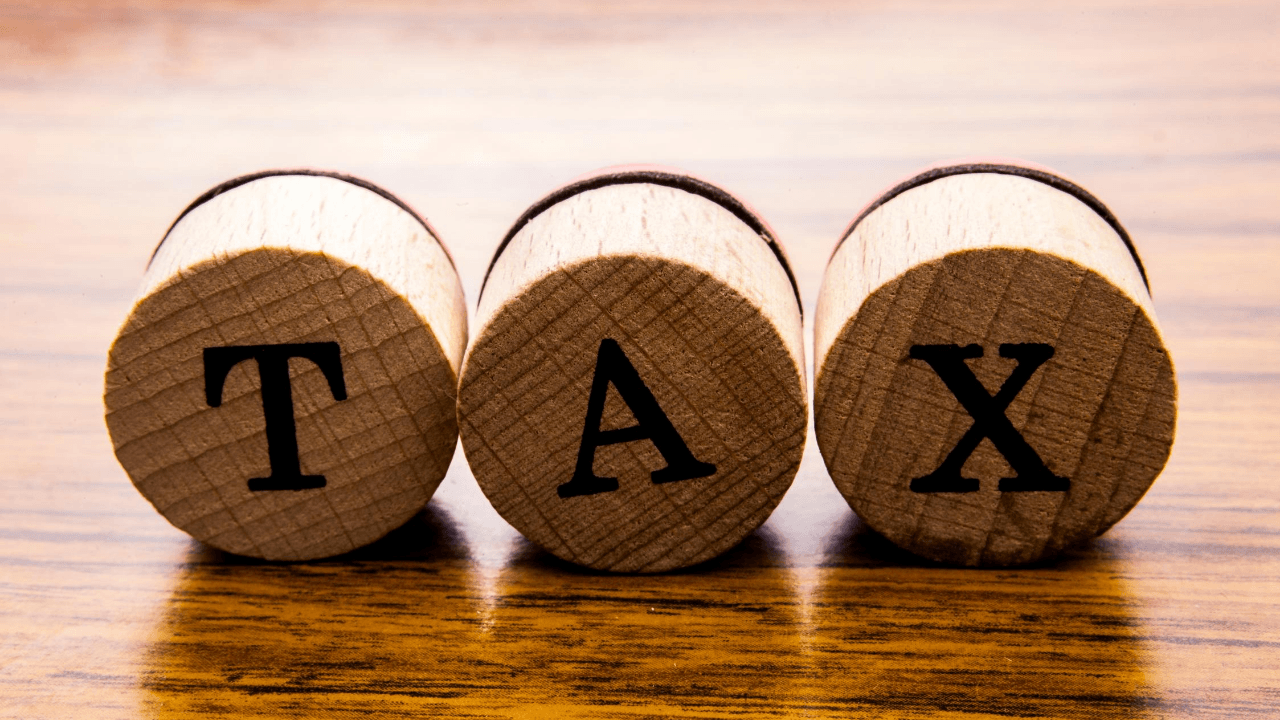We have a lot of experience helping owners and investors succeed with rental properties and investment portfolios. If you have any questions about the 1031 Exchange or anything pertaining to property management in Florida, please contact us at Florida Property Management Services, we are not Tax Attorneys or Accountants and we always suggest you consult with your Tax Professional about your specific situation, but we can provide very important information about tax vehicles that will help you optimize your investment returns, such as the 1031 Exchange.
Everything You Need to Know About 1031 Exchange Rules | Florida Property Management
Florida PMServices • August 7, 2020

As an investor, protecting the wealth you’ve earned needs to be a priority when you’re making decisions about what you buy and sell. If you want to defer taxes on the sale of an income-producing property, a 1031 Exchange can be one way to do that.
On today’s blog, we’re talking about the power of a 1031 Exchange and why this type of tax deferment program can be beneficial to anyone who owns rental properties in Florida.
What is a 1031 Exchange?
This tax tool is named for Section 1031 of the IRS code. Property owners can defer the taxes that may be due on the sale of a property by investing those profits into the purchase of another property.
If you earn a lot of money off the sale of a rental property, you’ll have to face paying capital gains taxes. But, if you’re willing to use the proceeds from the sale of your property to buy another income-producing property, you won’t lose any of those proceeds to taxes.
Rules for 1031 Exchanges
You have to exchange like properties when you’re taking advantage of this investment resource. So, you cannot sell a rental property and avoid taxes by purchasing a vacation home. Instead, you need to buy another income-producing property with a value that matches or exceeds the property you’ve sold.
Here’s an example. If you sold a property for $500,000.00 and earned $100,000 in profit, you have to use that $100,000 to buy another rental property for a price of $500,000 or more or several rental properties that total $500,000 or more, using the total profit to be re-invested in the new property of equal or greater value. You can sell one single-family home and buy three apartment units. Or, you can sell a multi-family building and buy two single-family homes. The properties don’t have to be exactly alike, but they do have to be investment properties. This is called like-kind property. If you do not use the totality of the gain or profit, you will pay Capital Gain tax on the unused portion which is called Boot. Another rule is not only that the replacement property has to be of equal or greater value, but the replacement loan must also be of equal or greater value of the existing loan.
Timelines for 1031 Exchanges
There are also deadlines. If you’re going to do a 1031 Exchange, you have to identify the property or properties you want to buy within 45 days of closing on the property you sold. You also have to close on the new deal within 180 days of selling the original property. The entire transaction must be completed within those 180 days, otherwise you’ll be liable for taxes.
Benefits of the 1031 Exchange
There are several benefits for Florida rental property owners who use the 1031 Exchange. It allows you to dispose of a property without paying capital gains taxes. If you’ve wanted to sell a property but you weren’t thrilled about paying the taxes, this is one way to continue growing your investment portfolio.
Other benefits include:
On today’s blog, we’re talking about the power of a 1031 Exchange and why this type of tax deferment program can be beneficial to anyone who owns rental properties in Florida.
What is a 1031 Exchange?
This tax tool is named for Section 1031 of the IRS code. Property owners can defer the taxes that may be due on the sale of a property by investing those profits into the purchase of another property.
If you earn a lot of money off the sale of a rental property, you’ll have to face paying capital gains taxes. But, if you’re willing to use the proceeds from the sale of your property to buy another income-producing property, you won’t lose any of those proceeds to taxes.
Rules for 1031 Exchanges
You have to exchange like properties when you’re taking advantage of this investment resource. So, you cannot sell a rental property and avoid taxes by purchasing a vacation home. Instead, you need to buy another income-producing property with a value that matches or exceeds the property you’ve sold.
Here’s an example. If you sold a property for $500,000.00 and earned $100,000 in profit, you have to use that $100,000 to buy another rental property for a price of $500,000 or more or several rental properties that total $500,000 or more, using the total profit to be re-invested in the new property of equal or greater value. You can sell one single-family home and buy three apartment units. Or, you can sell a multi-family building and buy two single-family homes. The properties don’t have to be exactly alike, but they do have to be investment properties. This is called like-kind property. If you do not use the totality of the gain or profit, you will pay Capital Gain tax on the unused portion which is called Boot. Another rule is not only that the replacement property has to be of equal or greater value, but the replacement loan must also be of equal or greater value of the existing loan.
Timelines for 1031 Exchanges
There are also deadlines. If you’re going to do a 1031 Exchange, you have to identify the property or properties you want to buy within 45 days of closing on the property you sold. You also have to close on the new deal within 180 days of selling the original property. The entire transaction must be completed within those 180 days, otherwise you’ll be liable for taxes.
Benefits of the 1031 Exchange
There are several benefits for Florida rental property owners who use the 1031 Exchange. It allows you to dispose of a property without paying capital gains taxes. If you’ve wanted to sell a property but you weren’t thrilled about paying the taxes, this is one way to continue growing your investment portfolio.
Other benefits include:
- There’s an opportunity to increase the number of assets in your portfolio. When you sell one property and make a lot of money, you can use the proceeds to buy two or three properties instead of just one. This provides you with additional income streams.
- You can save on maintenance costs. If a particular rental property has stopped cash flowing because of all the maintenance and repairs that have been necessary, you’ll be able to take it out of your portfolio and replace it with a newer property that has less expenses attached to it.
- You can stay invested in the real estate market. Many investors hesitate to sell a property because they know it can be expensive to re-enter a growing market. With a 1031 Exchange, you can sell that property and continue investing in real estate that will appreciate in value.














